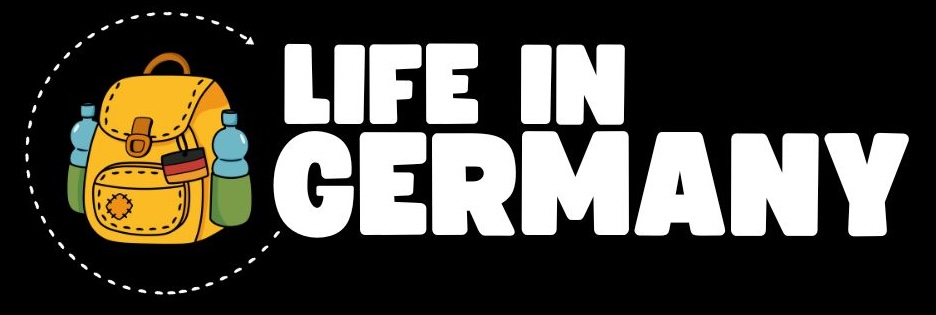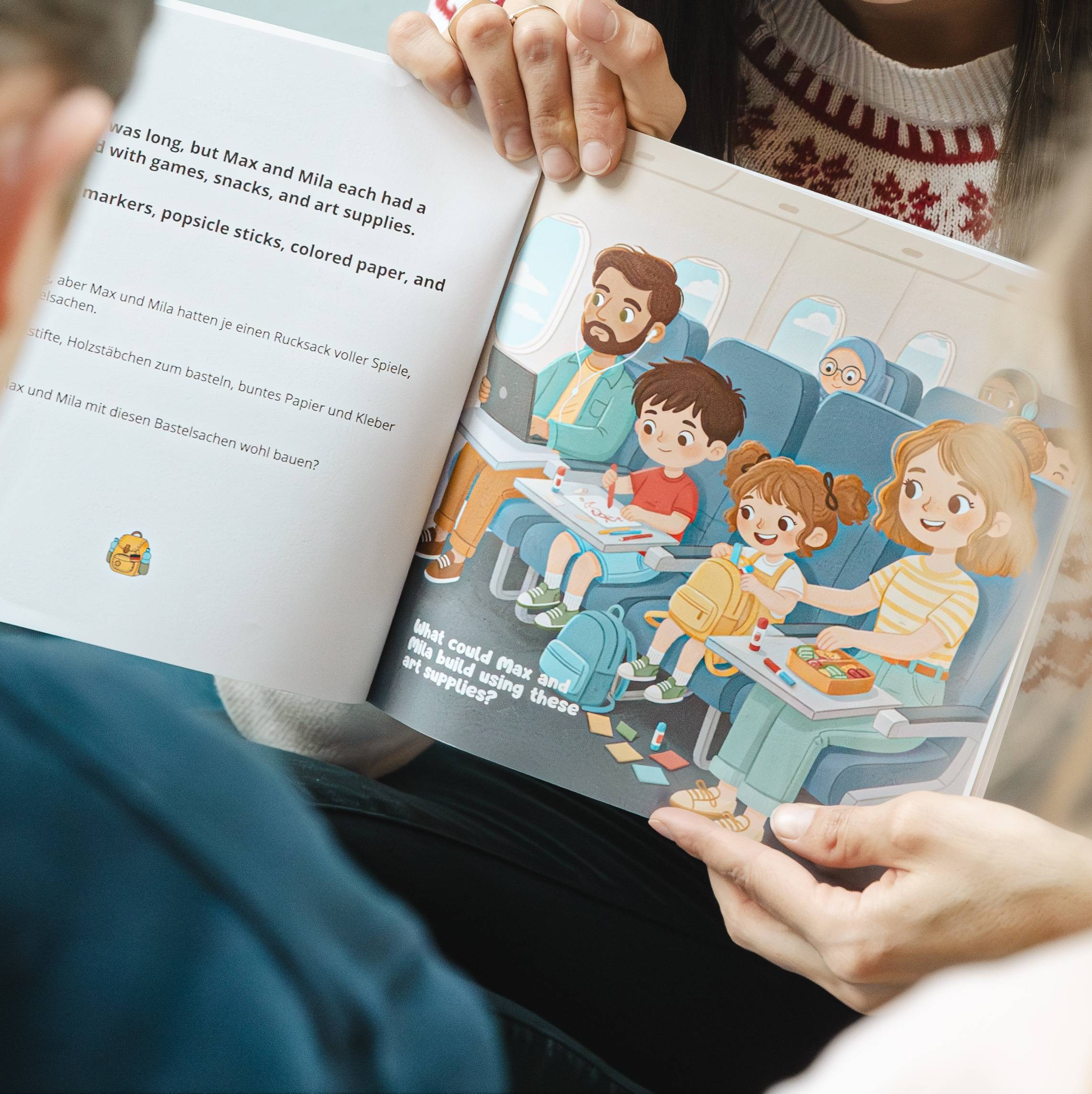Sending your child to German Grade 1 is an exciting yet daunting experience. Understanding the unique aspects of the German education system is crucial for parents, especially those new to the country. In this blog, we will explore seven important facts about German Grade 1 that every parent should know. From school registration to the iconic Schulranzen, these insights will help you prepare your child for a successful start in Grundschule.
7 Facts About German Grade 1: Essential Insights for Parents 📚
- 1. Understanding the German School System 📖
- 2. Registering Your Child for School 📝
- 3. The Importance of the Schulranzen 🎒
- 4. The Tradition of the Schultüte 🎉
- 5. School Reputation Matters 🏫
- 6. Compulsory Attendance and Absences ⚠️
- 7. After-School Care and Programs 🌟
- Conclusion: Preparing for a New Adventure 🎈
1. Understanding the German School System 📖
The German school system is structured differently than many other countries. In Germany, elementary school, known as Grundschule, typically begins at Grade 1 and lasts until Grade 4. Depending on the state you live in, the duration of elementary education may vary. For example, in some regions, children may continue in Grundschule until Grade 6. It’s important to familiarize yourself with the specific regulations in your area to ensure you are well-prepared.
In Germany, compulsory education starts at the age of six, and parents receive a registration letter about 10 to 11 months before their child is due to start school. This means that planning ahead is essential. You will need to choose two schools when registering, as this allows for a backup option if your first choice is full. This system can be quite different from many other countries, where school assignment is often determined by geographical boundaries.
2. Registering Your Child for School 📝
Registration for Grade 1 in Germany is a process that requires careful attention. As a parent, you will need to register your child at the local school, which typically involves filling out a registration form and meeting with the principal. During this meeting, you will discuss your child’s background and any specific needs they may have. The school may also ask if your child has a preferred classmate to be with them in class.
For families new to Germany, it’s essential to contact the nearest schools to your intended residence. They can guide you through the registration process and answer any questions you may have. This proactive approach will help ensure a smoother transition for your child.
3. The Importance of the Schulranzen 🎒
The Schulranzen, or school backpack, is a significant part of starting German Grade 1. This backpack is not just a practical item; it symbolizes the transition into the school system. German parents often invest in high-quality backpacks that are ergonomically designed to support their child’s posture and accommodate the weight of schoolbooks.
One popular option is the Ultraleicht Ergonomischer Schulrucksack – GMT For Kids, which is specifically designed to be lightweight and durable. These backpacks often come with additional features such as reflective materials for safety, padded straps, and compartments for organizing school supplies. A well-chosen Schulranzen can last throughout a child’s time in Grundschule, making it a worthwhile investment.
4. The Tradition of the Schultüte 🎉
Another delightful aspect of starting Grade 1 in Germany is the Schultüte, a decorative cone filled with goodies and treats. Parents typically create these cones to celebrate their child’s first day of school. The Schultüte is a cherished tradition, and children look forward to opening it after their first day.
Ideas for filling the Schultüte include snacks, small toys, school supplies, and personal notes from parents. This celebration can be made even more special by organizing a family gathering or outing to mark the occasion. Whether you choose to host a small party or take your child out to their favorite restaurant, the Schultüte adds a festive touch to the start of their educational journey.
5. School Reputation Matters 🏫
In Germany, the reputation of schools can significantly influence parents’ decisions regarding where to enroll their children. Many families prioritize schools with strong academic records or positive community feedback. While some parents may choose schools based on proximity, others may be more selective, opting for institutions with a better reputation.
Understanding the dynamics of school reputation can help you make informed choices during the registration process. It is advisable to connect with other parents in your area, seek recommendations, and research schools before making your final decision.
6. Compulsory Attendance and Absences ⚠️
In Germany, school attendance is mandatory, and there are strict regulations regarding absences. Parents cannot take their children out of school for non-essential reasons, such as vacations or family outings, without prior approval from the principal. This policy aims to ensure that students receive consistent education and minimizes disruptions in their learning.
Exceptions are typically made for serious circumstances, such as illness or family emergencies. Parents must be aware of these regulations and plan accordingly to avoid potential penalties for unexcused absences.
7. After-School Care and Programs 🌟
German Grade 1 students often have a shorter school day than their peers in other countries, typically finishing by early afternoon. As a result, many parents seek after-school care programs to accommodate their work schedules. These programs, known as G-Tags, provide children with opportunities to engage in various activities (like playing with toys), complete homework, and socialize with peers.
It is important to apply for after-school care well in advance, as spots may be limited. Understanding the options available in your area can help you find the right fit for your family’s needs.
Conclusion: Preparing for a New Adventure 🎈
Embarking on the journey of German Grade 1 is filled with excitement and new experiences. By understanding the unique aspects of the German school system, including getting back to school supplies, registration processes, school culture, and traditions, parents can better prepare their children for this significant milestone. From choosing the right Schulranzen to celebrating with a Schultüte, these preparations will help make the transition to Grundschule a positive experience.
Made with VideoToBlog




